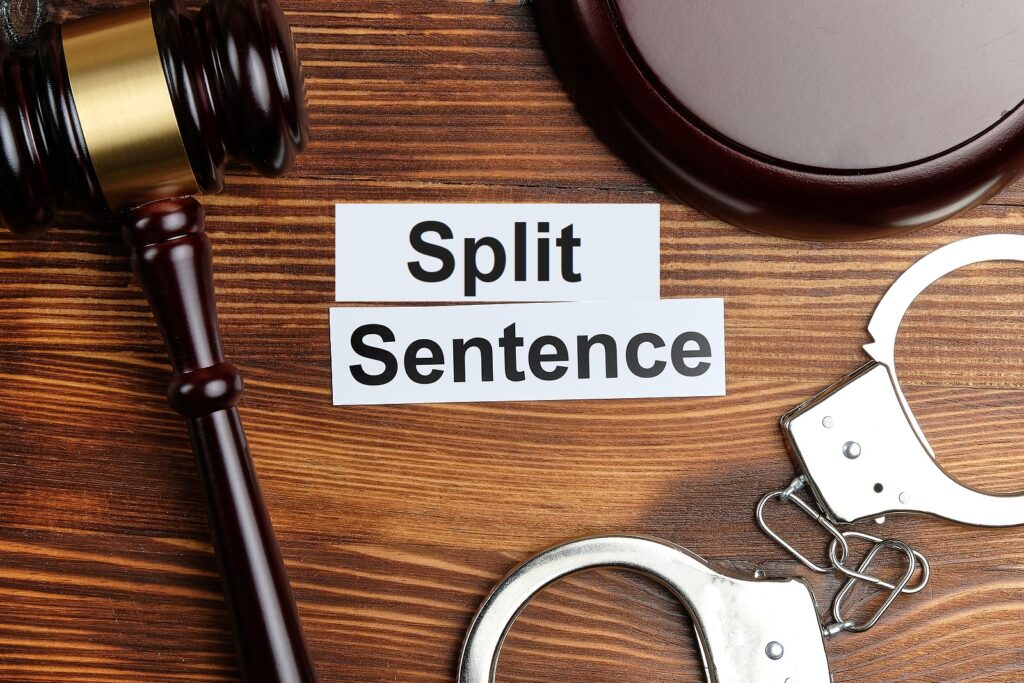Going through the criminal justice system can be a difficult experience, particularly for those who are on probation or parole. Not only is there the stigma of having been convicted of a crime, but also the challenges associated with being under supervision and attempting to re-integrate into society.
However, it doesn’t have to be an insurmountable obstacle. With some dedication and hard work, it is possible to successfully complete your term of probation or parole without further incident. To help you along this path, continue below for seven tips that can help make sure things go as smoothly as possible while you’re on probation or parole.

Seven Tips for Probationers and Parolees
If you are on probation or parole, you can successfully complete your term without any further incidents by dedicating yourself and working hard. Here are seven tips that can guide you in the right direction and ensure that things go well during your probation or parole period:
1. Abide by the rules and regulations set forth by your probation or parole officer: This may sound like an obvious one, but it is of utmost importance that you adhere to all the rules set out for you while on probation or parole. Not only will this ensure that you don’t get in any additional trouble, but it will also demonstrate to your probation or parole officer that you are serious about making changes in your life and abiding by the law.
2. Report any changes in address or employment status promptly: It is important to let your probation or parole officer know right away if there are any changes with where you live or work. Failing to update them can result in a violation of your terms and put you at risk of additional consequences.
3. Do not associate with anyone who may be involved in criminal: While on probation or parole, it is essential that you limit your contact with those who are engaged in any illegal activities. Even if they are just acquaintances, having a negative association can lead to further problems down the line and even result in a violation of your terms.
4. Attend all court appearances and meetings with your probation or parole officer as required: Showing up to scheduled court appearances and meetings with your probation or parole officer is critical to demonstrating that you take these obligations seriously and want to remain compliant with the terms of your release. Failing to do so could result in more serious repercussions.
5. Seek out counseling or treatment services when necessary: If you are struggling with any mental health issues, substance abuse, or other matters that need to be addressed in order to stay on the right track while on probation or parole, make sure you seek out the appropriate counseling and/or treatment services. Doing so can help ensure that you remain compliant and successful in your journey.
6. Follow a strict budget and develop financial responsibility: It is important to get into the habit of creating and following a budget while on probation or parole. This can help prevent further financial troubles down the road and will demonstrate to your probation officer that you are working hard to become financially responsible over time.
7. Participate in community programs or activities: Taking part in programs and activities within your local community is a great way to demonstrate that you are looking to become an active member of society while on probation or parole. Doing so can help show you in a positive light and give you the opportunity to build positive relationships with those who may be able to provide assistance further down the line.
There is Hope for a Better Future After Jail or Conviction
For those on probation or parole, it is important to remember that there is hope for a better future. With some hard work and dedication, it’s possible to successfully complete your sentence without any additional incident. By following the tips above, you can put yourself in the best position possible for staying compliant with your terms of release and re-establishing yourself as a productive member of society.
Are you looking for the right criminal appeals lawyer to reduce, dismiss, or expunge your probation or parole terms and consequences? Contact Attorney David E. Lewis at 317-636-7514 to speak with a seasoned criminal appeals lawyer in Indianapolis, Indiana. Our criminal attorneys will get the best possible outcome for your criminal case!
Related Posts:
How to Request Early Termination of Probation in Indiana
How to Make the Most of Your Time on Probation
Facts About Violating Probation in Indiana


